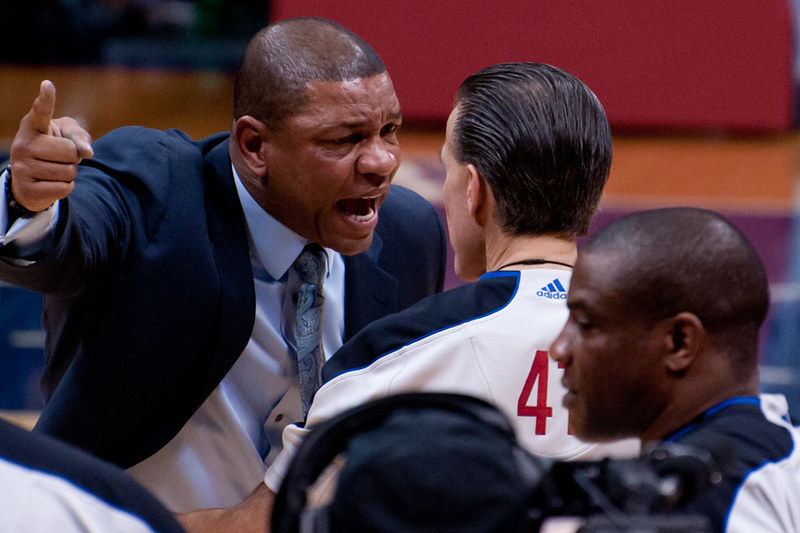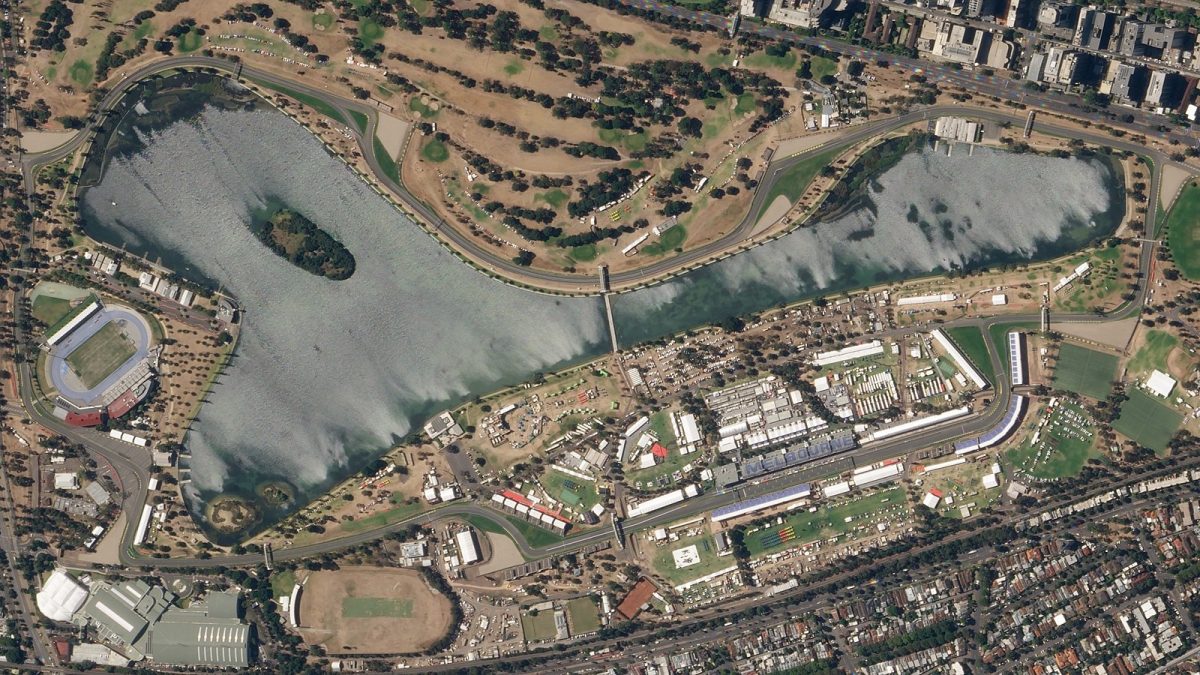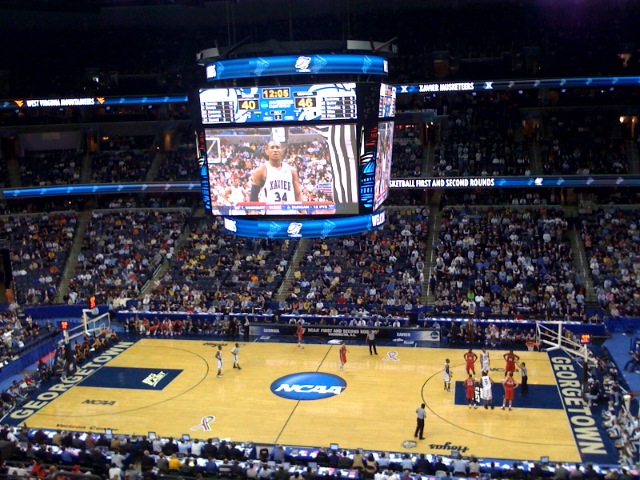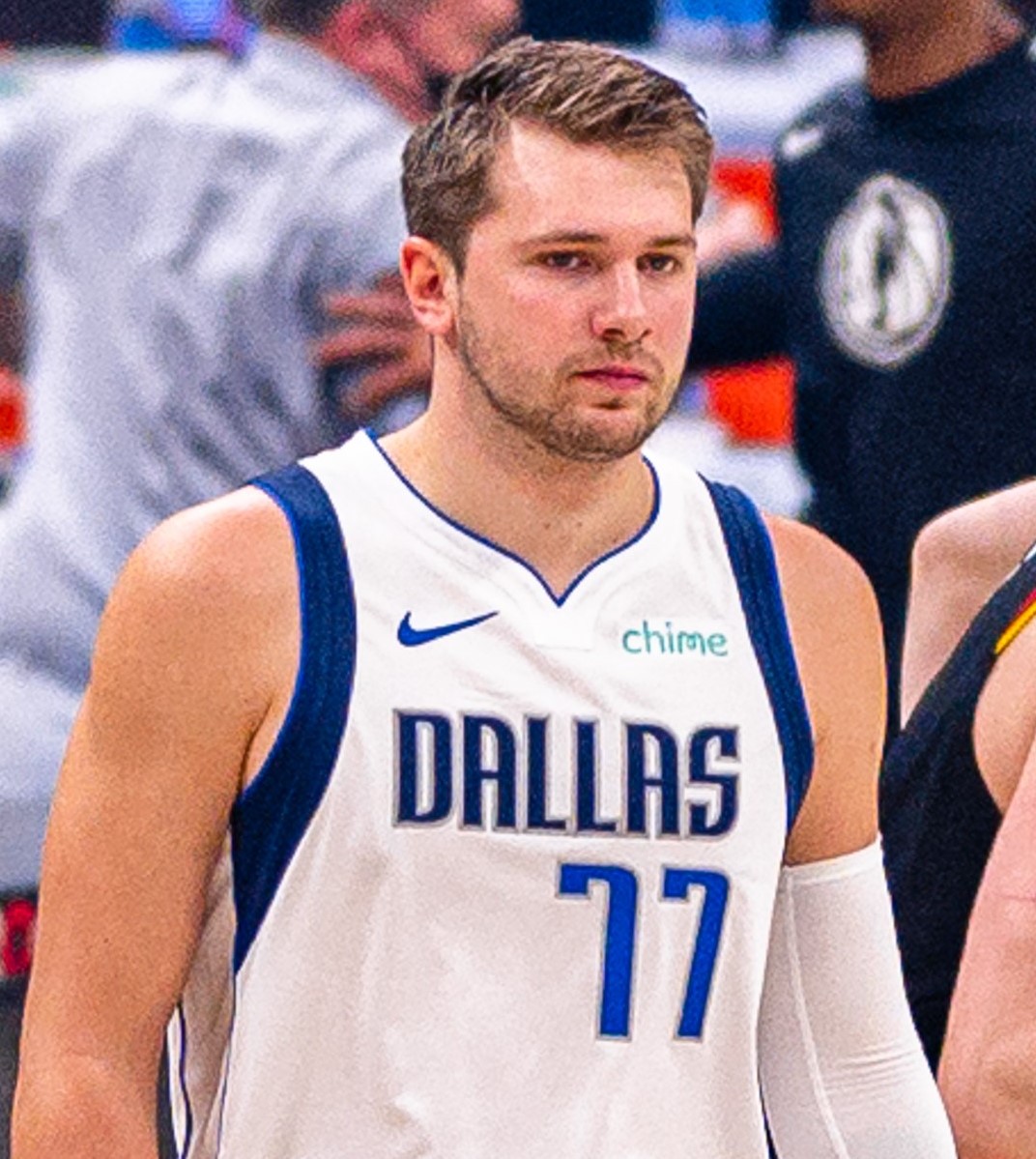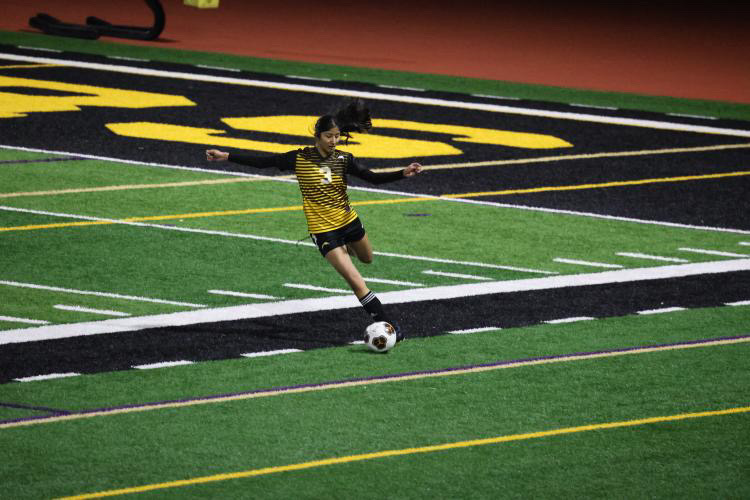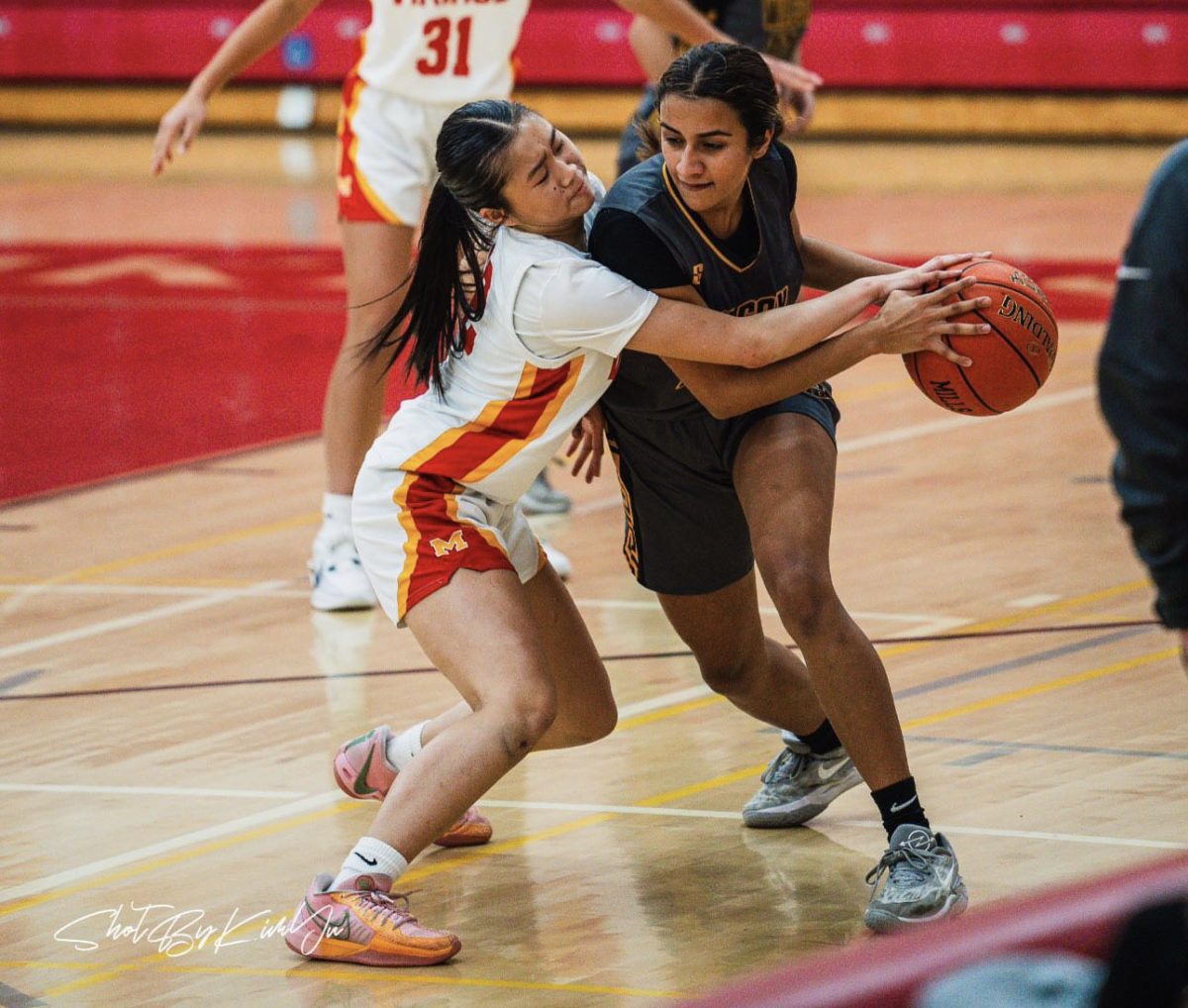Complaints about officiating in professional sports have become increasingly prominent in recent years due to missed or poor calls impacting the outcome of games.
While poor officiating is not a new issue in sports history, leagues have implemented various solutions to enhance accuracy and fairness in officiating. In the NBA, there are three referees per game, and in the NFL there are seven. This allows an officiating view from multiple angles and ensures that if an official misses a call, another one can catch the foul from their angle. Further, if a team challenges a call, the officials can rewatch it from multiple angles and decide whether or not the call will be overturned. In the NBA, if the referee’s decision favors the team calling the challenge, they get an additional one. However, if the decision goes against what the team was challenging, they do not get an extra challenge and lose a time-out.
If a referee misses a call, there is no formal call to challenge, therefore these are the moments that referees get called out for the most. In January 2023, the Los Angeles Lakers took on the Boston Celtics, which went into overtime after a controversial no-call. With the game tied at 105 with 4 seconds left in regulation, Lakers’ LeBron James drove to the basket for a layup and was hit in the wrist by Celtics’ Jayson Tatum, but the officials did not make a call. The Celtics went on to win 125-121 in overtime. “It’s unacceptable. And I guarantee nothing is going to happen to the refs,” expressed Lakers’ Anthony Davis. “We got cheated tonight, honestly. It’s a blatant foul.” Even the referees had admitted that they missed the foul. “There was contact,” crew chief Eric Lewis told a reporter after the game. “At the time, we did not see a foul. The crew missed the play.” This matchup is just one instance of many no-calls that have shaped the outcome of the game.
Players and coaches can receive fines if they violate the code of conduct, but many wonder – do referees get penalized for poor officiating? The answer is yes – NBA Commissioner Adam Silver explained to the New York Post that “[referee] assignments are affected by the quality of their calls, whether or not they progress into the playoffs… is impacted by the accuracy of their calls and their demeanor on the floor.” On top of having their playoff opportunities limited, officials can be fined or even be fired – and this demeanor is held in other professional leagues as well.
Sometimes, poor officiating can be based on bias, not just because they didn’t see a violation or misinterpreted it.
This can be due to the referee’s relationship with the teams on the floor. If a referee likes one team more than the other, they tend to make calls that are in that team’s favor. Even when they are discontent with the officiating, players and coaches must refrain from provoking the referee, as this can cause bias against them.
Another factor that can impact officiating is the atmosphere of the game. Professional teams tend to have loud and passionate crowds. If referees hear rude comments about them from the crowd, they are more likely to make calls against the home team.
Additionally, referees can be biased based on sports betting, which is illegal for them to be involved in as they have the power to influence the games they officiate. The only confirmed referee betting scandal involved former NBA official Tim Donaghy in 2007 when he was caught betting on games and providing confidential information to gamblers in exchange for money. The FBI was involved and Donaghy was sentenced to 15 months in prison.
Though it is almost impossible to officiate with 100% accuracy, it is important for referees to hold a high level of professionalism by avoiding biased officiating. Sports leagues must take the initiative to be selective when determining their officiating crews, as they have the power to shape the outcome of the team’s games, and even their entire season.

